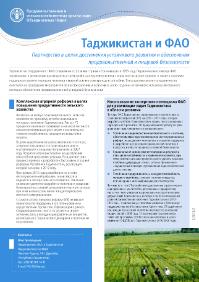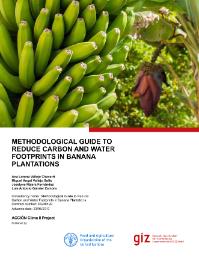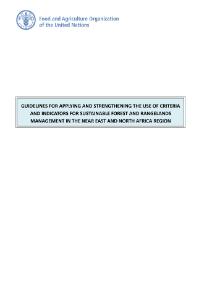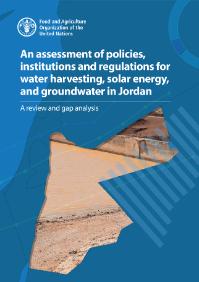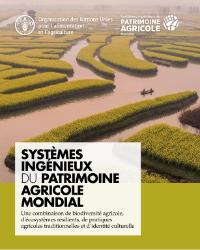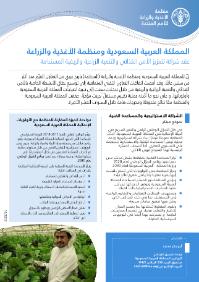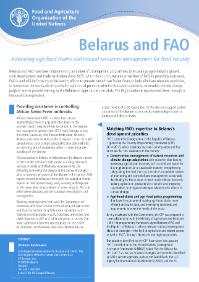Agricultural policies, trade and sustainable development in Egypt
This study analyses Egypt’s agricultural sector and its performance over time, identifies constraints to increasing production and exports, and examines the key role of trade in inclusive agriculture development. After a review of current trends in the agricultural sector and trade policies, the study elaborates on the main pillars of Egypt’s current agricultural development strategy and the factors inhibiting growth of agricultural production and trade.


